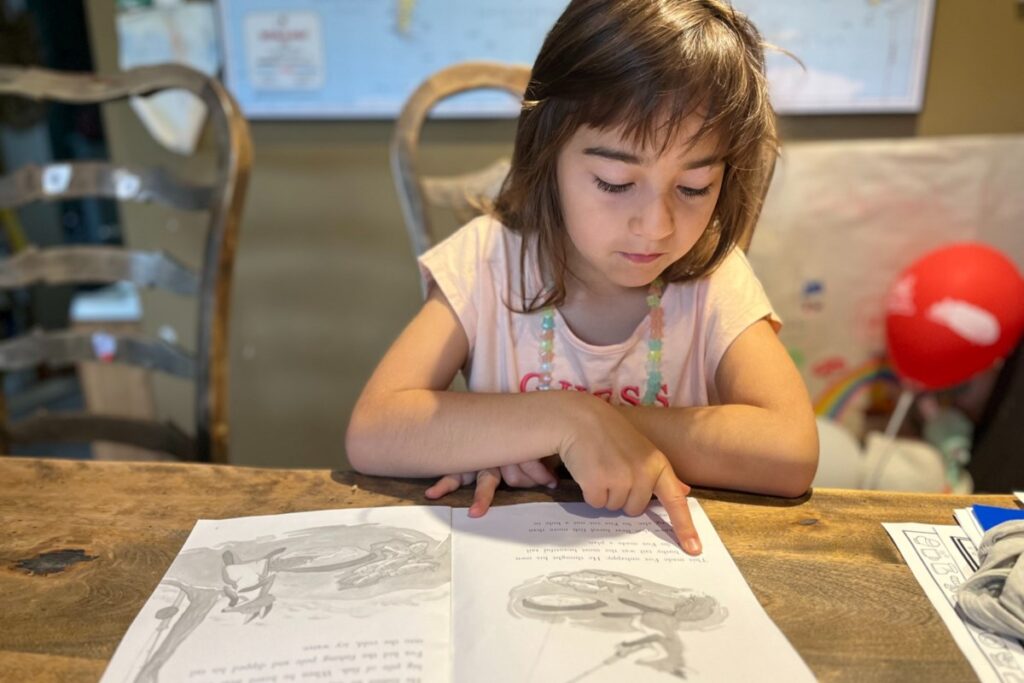Brock University teams up with SickKids and Hamilton School Board on unique project
news release
Brock University
****************************
A unique collaboration between Brock researchers, SickKids and the Hamilton Wentworth District School Board (HWDSB) has laid the foundation for improving the skills of young children with reading difficulties.
This project demonstrates the benefits of science-based reading intervention delivered through effective partnerships, showing that children with reading disabilities who received the school-based intervention, Empower Reading: Decoding and Spelling (Grades 2-5), in second or third grade were able to catch up to grade-level reading skills by the fifth grade.
While results were better with the earlier intervention, students in both years were within the Grade 5 benchmark range.Empower Reading includes 110 progressive lessons in which children are taught daily strategies to help them decode new words.The intervention was developed after 35 years of research by SickKids and a team that includes Maureen Lovett, senior scientist and professor emeritus at the University of Toronto, and Jan Frigiters, professor in Brock’s School of Child and Adolescent Studies, as well as Karen Steinbach, Maria De Palma and Lea Lacerenza from SickKids.
The results of the project are detailed in the paper, “Engaging Schools to Implement Effective Research-Based Reading Remediation to Produce Long-Term Improvements in Children’s Reading Trajectories,” published in the Journal of Learning Disabilities. Lead author of the study, Erin Panda, assistant professor in the Brock Department of Child and Adolescent Studies, served as a postdoctoral researcher on the SickKids research team.
She says the paper and the partnerships it describes show how researchers and educators can take science out of controlled laboratory environments and bring it into people’s everyday lives.
“This study, along with Maureen Lovett’s previous work, shows that nearly all children who struggle with reading can overcome their challenges and learn to read if they receive evidence-based instruction,” Panda says. “It can change someone’s entire life, especially if these habits are developed early on. But if you wait, the gap to overcome becomes larger and much more difficult.”
Frigiters says the results outlined in the paper are notable in that the field students demonstrated outcomes comparable to those of clinical study participants. He attributes this to both the foundational work of teachers, trainers and mentors, as well as top-down resource, oversight and communication efforts by school board administrators.
“Implementing research-based solutions requires systems solutions,” he says. “If researchers, teachers, administrators, and policymakers work together, we can scale up proven reading interventions and provide all struggling students with the high-quality supports they need to become proficient readers.”
As program managers, De Palma and Steinbach lead the team responsible for training and mentoring teachers to implement Empower Reading at SickKids. Since 2006, the program has been delivered to approximately 5,500 teachers in more than 50 school boards, serving more than 85,000 students in parts of Canada and the United States.
“What we’ve learned from our work so far is that kids can make really great gains in reading, and even if not every student makes the same progress, everyone makes progress,” Steinbach said.
Sonia Zoris was involved in the board’s initial implementation of Empower as a Learning Resource Teacher at HWDSB in 2006. In 2010, she became a Special Appointed Teacher and Trainer Mentor to continue to support the board’s use of Empower, but will retire from this role in 2023. Today, she continues to work as part of SickKids’ Trainer Mentor team, as the collaborative relationships fostered between trainers, mentors and teachers are essential to the success of the program.
“The end of the year feels like Christmas in June, especially for teachers in their first year working with Empower,” Zoris said. “The pre- and post-intervention data collected shows each child’s response to the program and allows teachers to see how students have progressed along their individual literacy journeys.”
All the authors emphasized the need for strong collaboration between teachers, principals, and school boards to get the science of reading to those who need it most.
“For 35 years, we’ve been very fortunate to find a school board that has been a great partner, hungry for research findings and flexible enough to try new teaching methods and new materials,” Lovett said. “This partnership is an example of how researchers and experts from other institutions can work with a school board to effect meaningful change based on the findings of our collaborative research.”
****************************

